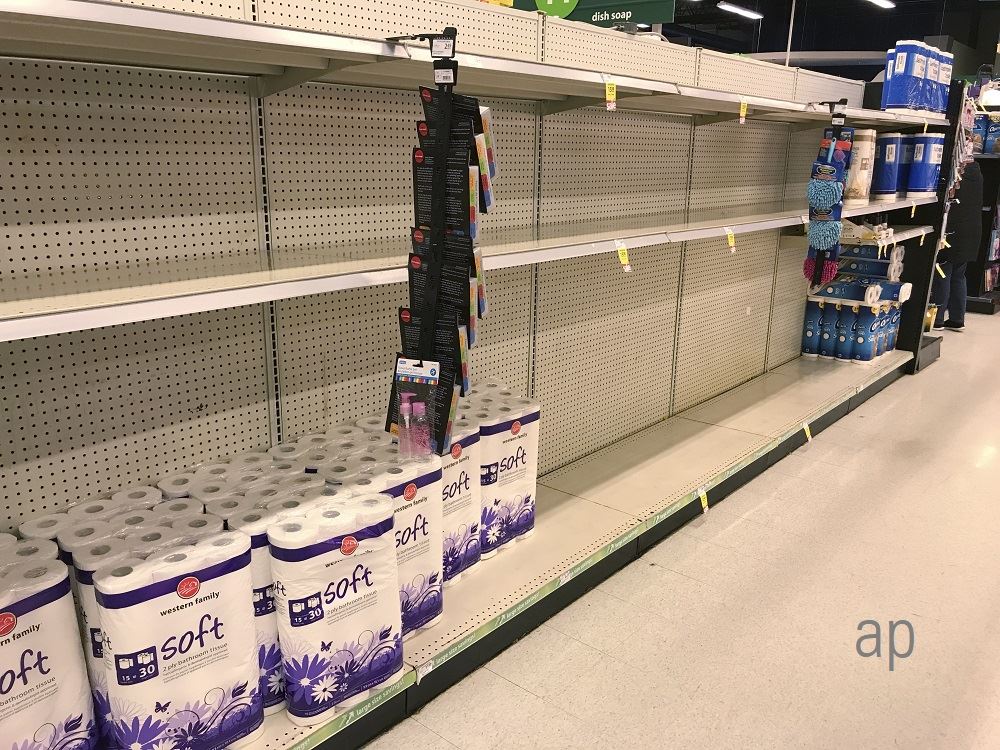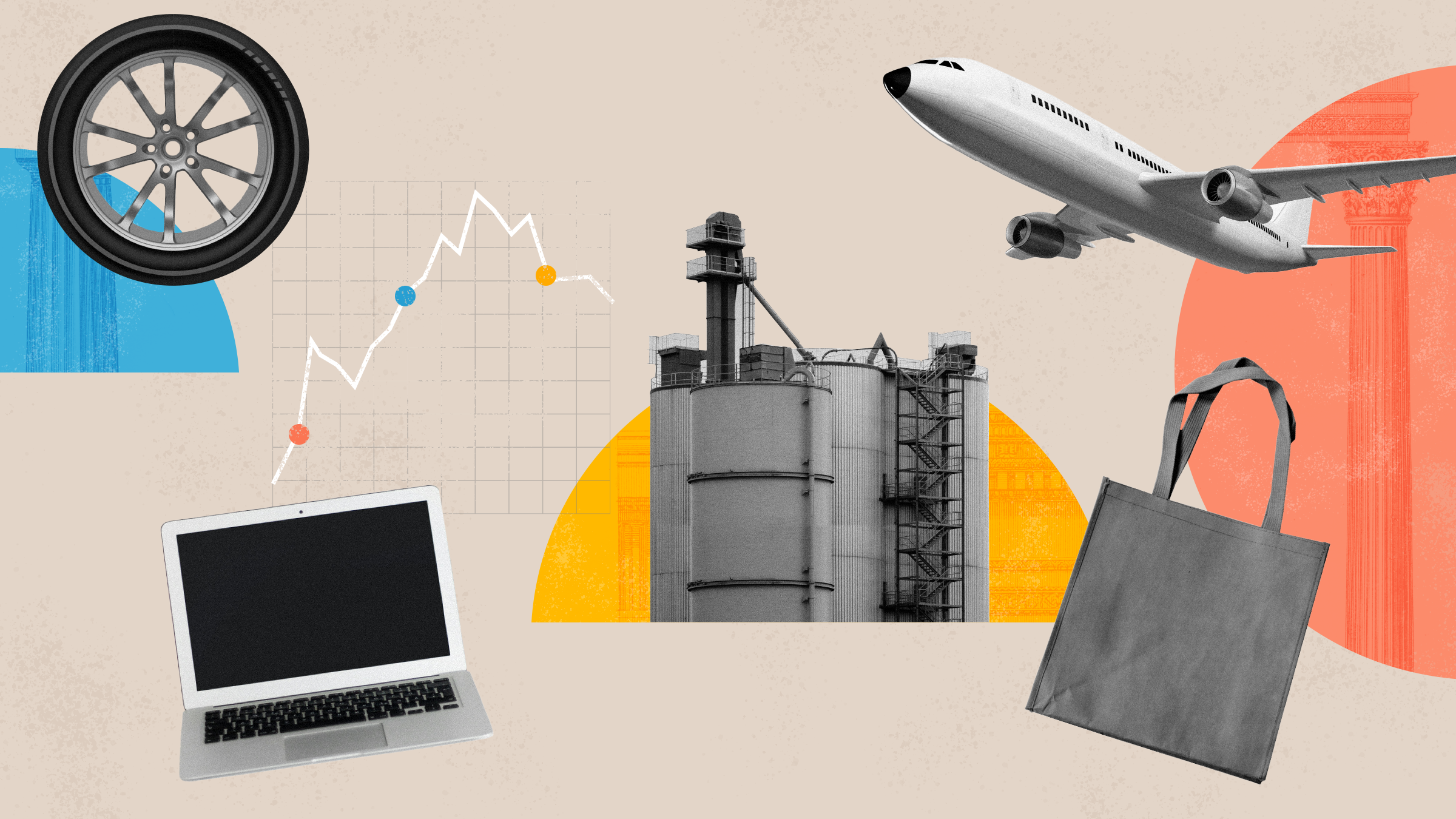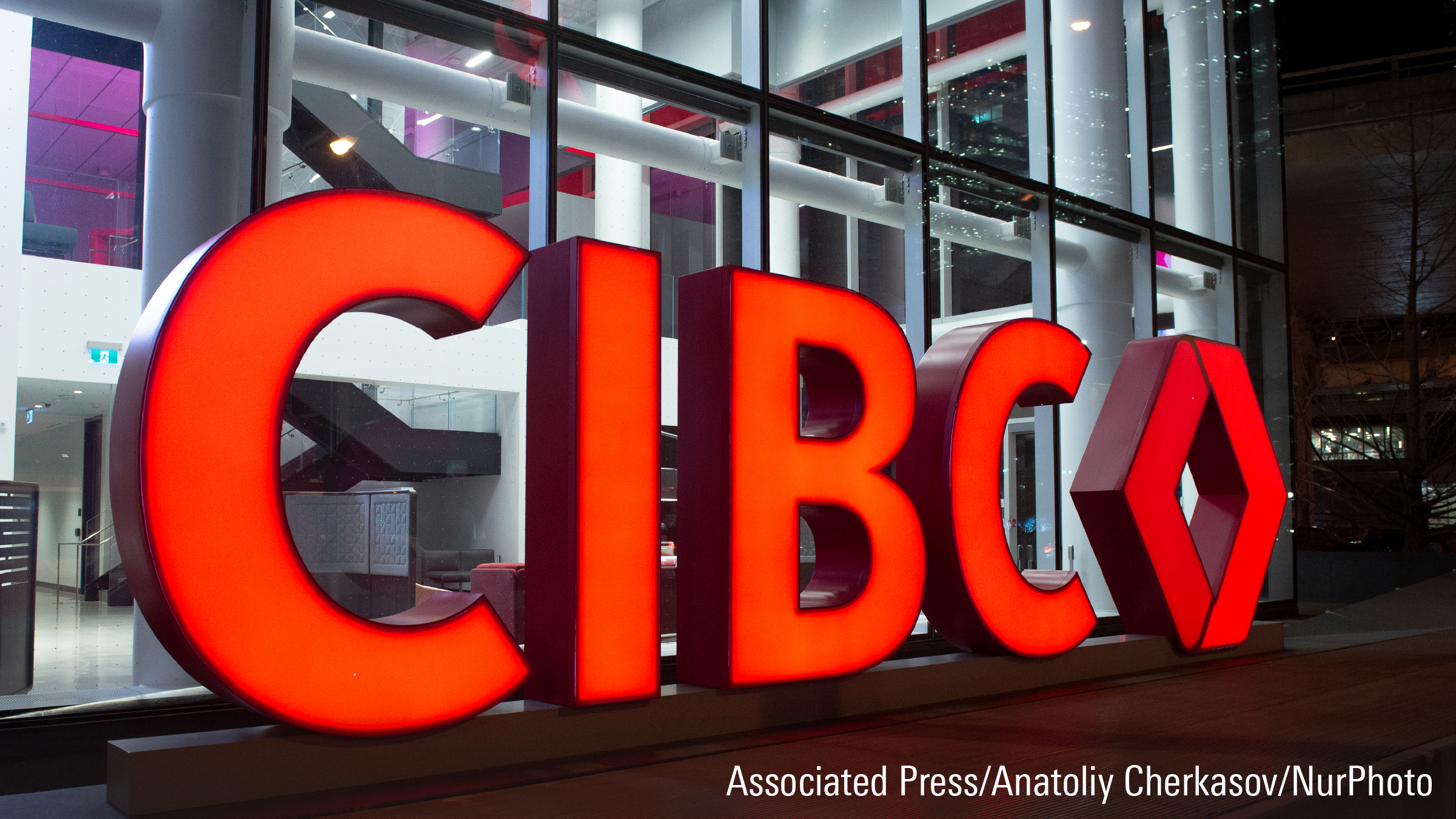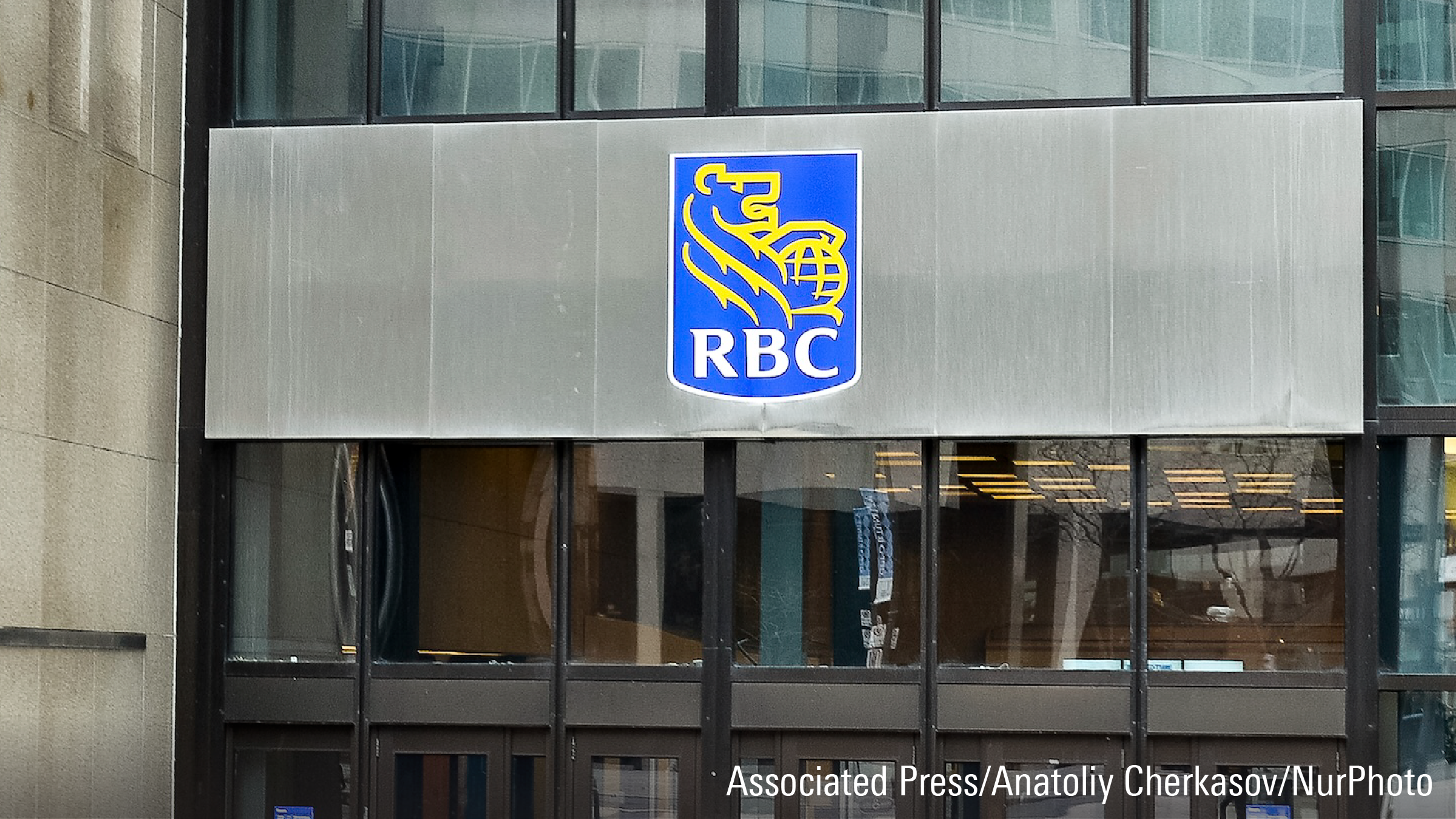
Editor's note: Read the latest on how the coronavirus is rattling the markets and what you can do to navigate it.
The empty supermarket shelves bear witness to panic in these uncertain times. The virus has everyone on edge, including investors. But while we acknowledge there has been selling, it is even more important to remember the importance of staying invested through market ups and downs and to understand that a recession could in fact offer some great investment opportunities.
We know from history that the best opportunities to buy are in the face of some overwhelming headwinds or adversity (which typically dissipates over time). And while coronavirus is a relatively new phenomenon for us, the way that investors are responding to it is not. It’s perfectly normal to feel uncomfortable in this environment – the challenge is to not let fears around what’s going on in the world derail you on your path to achieving your goals.
Indeed, Morningstar Investment Management (MIM) believes that while the ultimate humanitarian and economic cost of coronavirus remains hard to quantify, investors are receiving a much better deal in equity markets, and are currently making purchases to take advantage of assets that have just “come on sale”.
As always, some businesses are better placed to benefit – including restaurants, and auto manufacturers. Here’s what Morningstar analysts believe will happen to these sectors:
Fast-food: Opportunities for the tech-savvy
Morningstar analyst RJ Hottovy says that the restaurant sector is under pressure as several U.S. markets have restricted dine-in service to curb the spread of COVID-19. Restrictions vary by state and city, but even in markets where takeaway and drive-thru orders are still permitted, he expects severe declines in the number of diners for at least the next two months and an uneven traffic recovery into the back half of 2020.
“The situation is fluid, but our best guess is that most US quick-service chains will experience at least high-single-digit to low-double-digit declines for the year, while casual-dining chains are looking at declines of 30% or more. While restaurants find themselves with a difficult 2020 ahead, we believe the sector's pullback offers several investment opportunities,” Hottovy says.
But how should investors evaluate opportunities during heightened uncertainty?
Hottovy points out that value-oriented players tend to outperform during economic shocks; players that can be more aggressive on pricing are better-placed for outperformance as the year progresses.
“Second, we believe those players that are further along with their mobile platforms, and particularly personalised marketing efforts, should be better positioned to communicate with consumers during the social distancing and the coronavirus recovery period,” he says.
Finally, he looks at companies and franchisee systems with healthy balance sheets - because of recent re-franchising activity, many operators and their franchisees are now overleveraged, making it more difficult to navigate extended periods of restaurant restrictions.
“We will be adjusting near-term estimates for our restaurant coverage list but would gravitate to names that best satisfy these three criteria. This includes: wide-moat Domino's (DPZ), which should have limited disruption from dine-in restrictions, wide-moat McDonald's (MCD), a value leader with a healthy balance, and wide-moat Starbucks (SBUX), which has solid licensing partners and has invested in technology,” he says.
American Autos: No time to panic
Before the coronavirus pandemic, Morningstar analyst David Whiston was more bearish on 2020 U.S. automotive demand than most, forecasting a decline from 2019 of up to 3.6%. The impact of the virus on US auto sales is still in its early stages, and there is little data yet to gauge the impact, so he is not changing his forecast right now.
He points out that no North American plants have stopped production at the time of writing (March 12) due to parts shortages, but expects earnings headwinds from air freight charges and production will be affected if Chinese parts plants don’t reopen fast enough to keep North American plants moving.
“We’ve seen resumption of 0% financing from automakers and lower interest rates following the Federal Reserve’s rate cut may mitigate some damage. Large abrupt declines from a health scare are not surprising to us, but we think it’s too early to extrapolate numbers nationally or for the rest of 2020. Still, we expect poor sales numbers in March and April,” Whiston says, adding that contrary to what the stock market is doing, we do not think it’s time to panic, but uncertainty will remain for a while.
|
Stock |
Ticker |
Share Price |
Fair Value |
Economic Moat |
Uncertainty Rating |
Morningstar Star Rating |
|
Ford |
$4.47 |
$11 |
None |
High |
5 |
|
|
Nissan |
$7.23 |
$27.50 |
None |
High |
5 |
|
|
Tesla |
$427.64 |
$239 |
None |
Very High |
2 |
Opinions expressed are as of the current date; such opinions are subject to change without notice. Morningstar Investment Management shall not be responsible for any trading decisions, damages, or other losses resulting from, or related to, the information, data, analyses or opinions or their use. This commentary is for informational purposes only.
Are you getting the right returns?
Get our free equity indexes to benchmark your portfolio here























